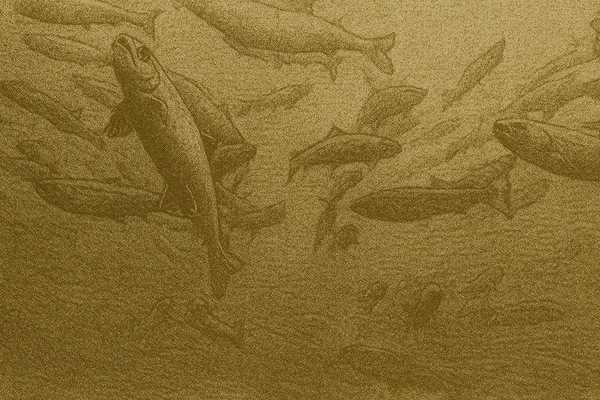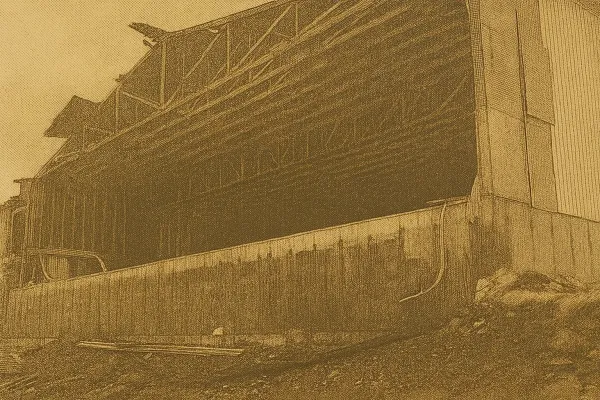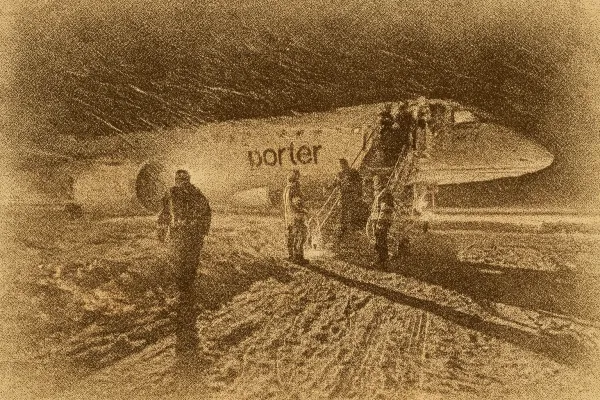Based on coverage from CBC.
In a troubling déjà vu for Newfoundland's aquaculture industry, Mowi Canada East is once again grappling with a massive salmon die-off at its marine sites. This time, the company reports that approximately 1.7 million farmed salmon have been affected across three sites on the south coast. Yet, the exact number of casualties remains a mystery, as Mowi has kept tight-lipped about the specifics, leaving both the public and environmental groups clamouring for answers.
The Atlantic Salmon Federation (ASF) is particularly vocal, demanding a thorough investigation into what they describe as a "stochastic, catastrophic event." Neville Crabbe, the ASF's executive director of communications and marketing, expressed skepticism about the company's narrative. "That doesn't jive with other similar events in Newfoundland and Labrador, or around the world," he said, highlighting the unusual nature of the die-off occurring simultaneously at three sites separated by six kilometres of water.
This isn't Mowi's first brush with such incidents. Earlier this summer, the company reported a similar die-off at Little Burdock Cove, attributing it to abnormal water temperatures. While Mowi has cited environmental factors, like increased water temperatures and decreased oxygen levels, as potential culprits, the lack of transparency has only fueled speculation and concern.
The stakes are high, not just for Mowi but for the entire aquaculture industry in Newfoundland and Labrador. The province's aquaculture regulations were overhauled after a 2019 disaster when 2.6 million fish perished due to high water temperatures. That incident led to Mowi's license being revoked and a public apology to the Newfoundland and Labrador government. Despite these regulatory changes, Crabbe argues that the current framework is still insufficient, pointing to frequent issues like mass mortalities, escapes, and disease outbreaks.
Mowi, for its part, maintains that it is adhering to government-approved policies and is actively investigating the cause of the die-off. In a statement, spokesperson Aaron Bennett noted that mortality events are not uncommon in livestock farming, though he acknowledged the economic impact on the company. "This incident is also an economic loss to the company and comes after several years of successful incident-free production," Bennett said, adding that 2025 has been a challenging year environmentally.
The Newfoundland and Labrador Department of Fisheries, Forestry and Agriculture confirmed that Mowi reported the incident on August 25 and is working with the company on its investigation. Yet, the ASF insists that more needs to be done, calling for federal and provincial governments to step up their oversight and transparency efforts.
As the dead salmon are removed and some of the remaining fish are harvested, the broader implications of this event are still unfolding. For now, the waters of Harbour Breton remain murky, both literally and figuratively, as stakeholders await clarity on what exactly went wrong and how similar tragedies can be prevented in the future.








